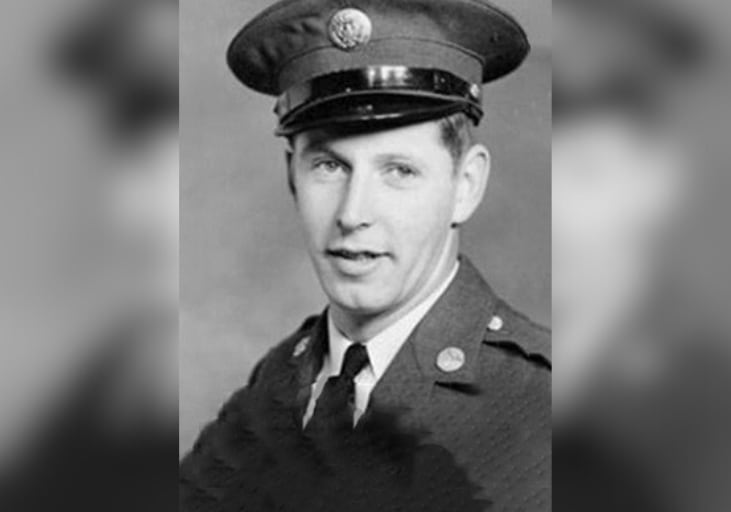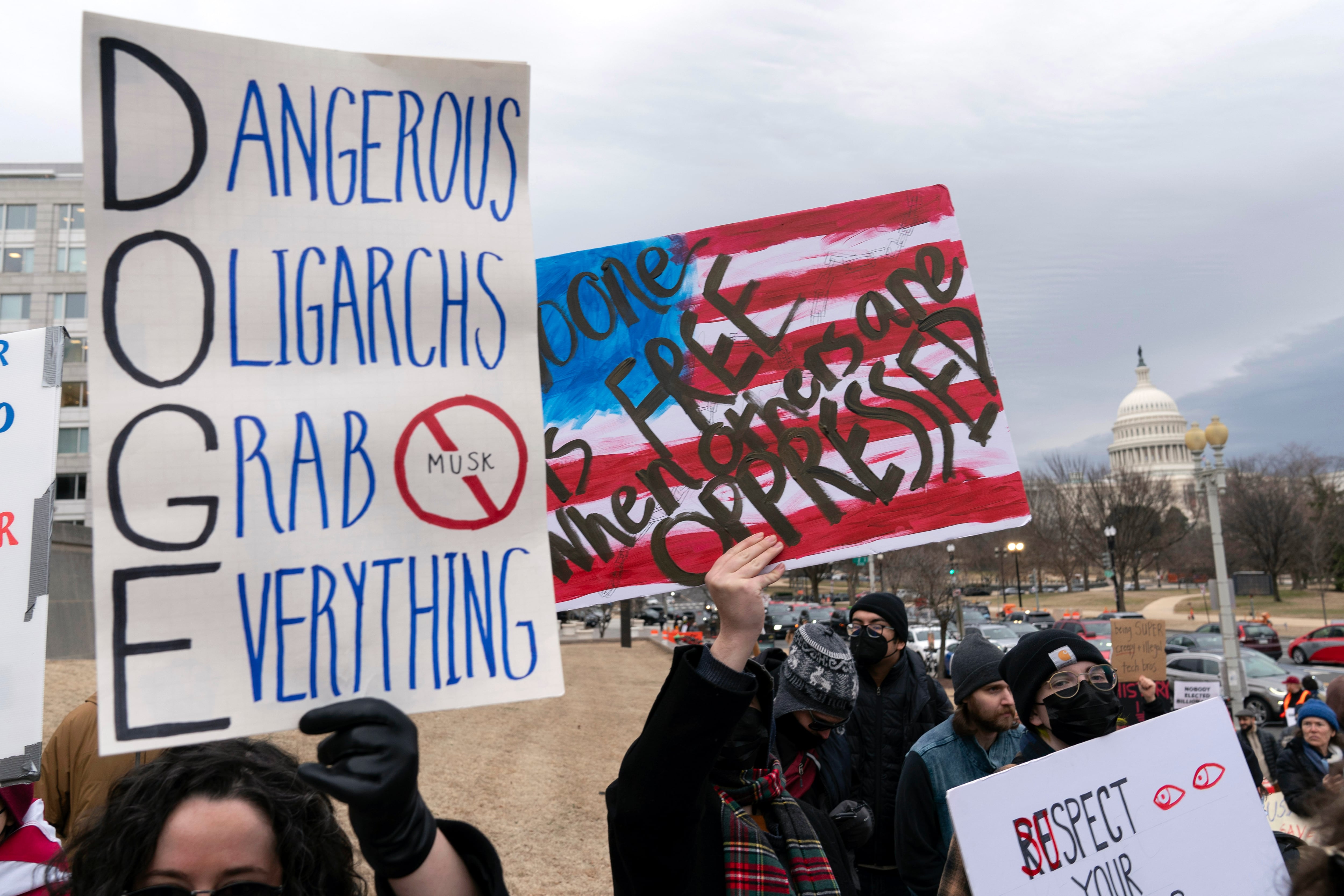BEIRUT — Backed by U.S.-led coalition airstrikes, Kurdish fighters fought their way Friday into a northeastern Syrian town that was a key stronghold of Islamic State militants, only days after the group abducted dozens of Christians in the volatile region, Syrian activists and Kurdish officials said.
The victory marks a second blow to the extremist IS group in a month, highlighting the growing role of Syria's Kurds as the most effective fighting force against the Islamic State. In January, Kurdish forces drove IS militants from the town of Kobani near the Turkish border after a months-long fight, dealing a very public defeat to the extremists.
But it is also tempered by this week's horrific abductions by IS militants of more than 220 Christian Assyrians in the same area, along the fluid and fast shifting front line in Syria.
The town of Tel Hamees in Syria's northeastern Hassakeh province is strategically important because it links territory controlled by IS in Syria and Iraq.
The province, which borders Turkey and Iraq, is predominantly Kurdish but also has populations of Arabs and predominantly Christian Assyrians and Armenians.
"We are now combing the town for explosives and remnants of terrorists," said Redur Khalil, a spokesman for the Kurdish fighters, known as the People's Protection Units or YPG.
Speaking to The Associated Press over the phone from the outskirts of Tel Hamees, he said the town was a key stronghold for IS and had served as a staging ground for the group's operations in the Iraqi town of Sinjar and the city of Mosul.
Dislodging the group from Tel Hamees cuts a supply line from Iraq, Khalil said.
The push on the town's eastern and southeastern edges came after the Kurdish troops, working with Christian militias and Arab tribal fighters, seized dozens of nearby villages from the Islamic State extremists. U.S.-led coalition forces provided cover, striking at IS infrastructure in the region for days.
More than 200 militants died in the fighting, and at least eight troops fighting alongside YPG, including an Australian national who has been with the Kurdish forces for three months, Khalil said.
The British-based Syrian Observatory for Human Rights, which relies on a network of activists inside Syria, said IS defenses collapsed and the militants fled after Kurdish fighters broke into Tel Hamees from the east and south.
The Observatory's director, Rami Abdurrahman, said the Kurds seized more than 100 villages around Tel Hamees and that ground battles and air strikes around the town have killed at least 175 IS fighters in the past several days in some of the latest losses for the group since Kobani.
Some 15,000 villagers have fled the fighting, he added.
The Kurds in Syria and Iraq have emerged as the most effective force fighting IS, which controls about a third of Iraq and Syria — much of it captured in a lighting blitz last spring and summer, as Iraqi army forces melted away in the face of the militant onslaught.
In Syria, they have teamed up with moderate rebels for territorial gains against the group.
Elsewhere in Hassakeh, IS fighters this week captured dozens of mostly Christian villages to the west of Tel Hamees — taking at least 220 Assyrian Christians hostage, according to activists. The fate of those abducted was still unknown.
On Thursday, video emerged of IS militants smashing ancient Mesopotamian artifacts in a museum in Mosul, Iraq's second largest city.
Irina Bokova, the head of the U.N. cultural agency, UNESCO, denounced the group's destruction of ancient statues and artifacts as "cultural cleansing" and a war crime that the world must punish.
From Paris, where the agency is based, Bokova said she could not watch to the end the Islamic State video posted Thursday that shows men using sledgehammers to smash Mesopotamian artworks in Iraq's northern city of Mosul. She called the video "a real shock."
The Louvre Museum in Paris said the destruction "marks a new stage in the violence and horror, because all of humanity's memory is being targeted in this region that was the cradle of civilization, the written word, and history."
French President Francois Hollande also condemned the "barbarity" of the destructions.
"What the terrorists want is to destroy all that makes humanity," he said Friday during a visit to the Philippines.
Elsewhere in Syria, at least eight civilians were killed in a car bomb that exploded outside the Bilal Mosque in the rebel-held town of Dumeir, east of Damascus. Many others were wounded in the blast, which occurred as worshippers were leaving the mosque following Friday prayers.
Another car bomb went off outside a mosque in Nasseriya, near Dumeir, also causing multiple casualties. It was not immediately clear who was behind the bombings.
___
Associated Press writers Ashraf Khalil in Beirut and Angela Charlton in Paris contributed to this report.





